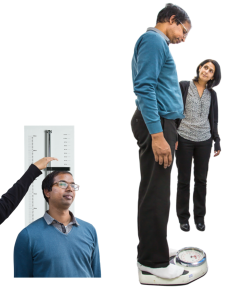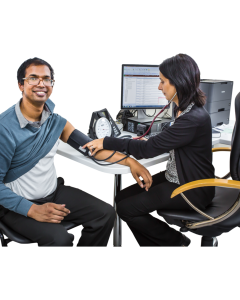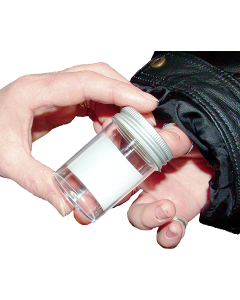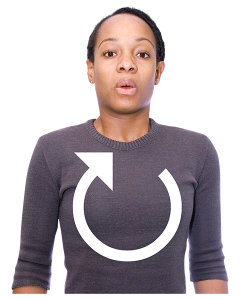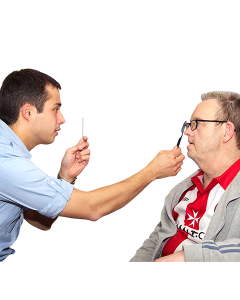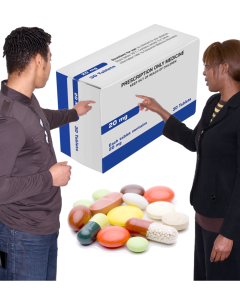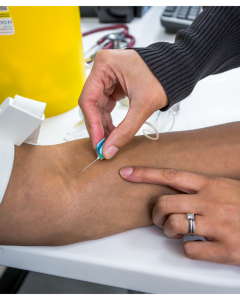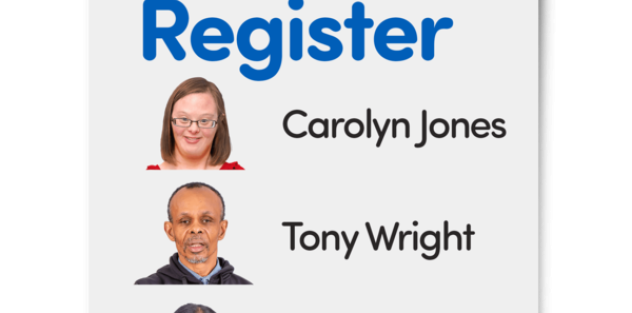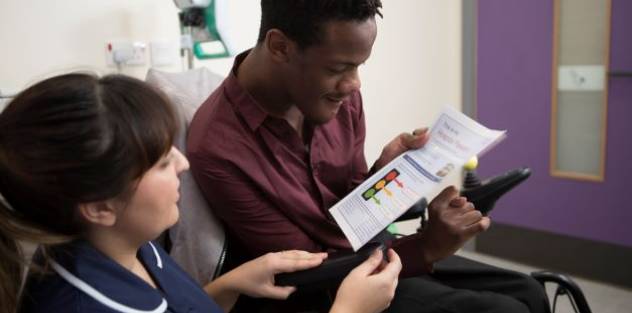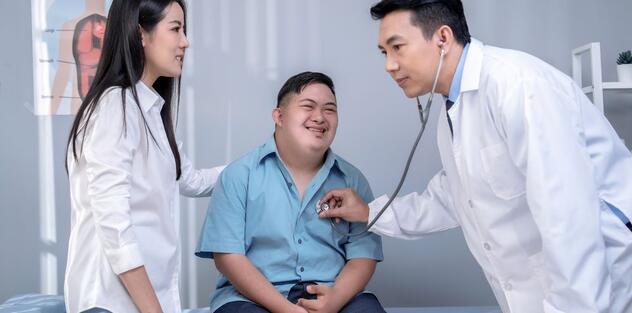What is an Annual Health Check?
Annual health checks are for people with a learning disability who are over 14 years old. They are carried out by a doctor or nurse once a year. Annual Health Checks are a chance for a doctor or nurse, the person with a learning disability and those who support them (if wanted) to review a person’s physical and mental health.
There is good evidence that health checks can identify hidden health needs, including life-threatening conditions.
Why are Annual Health Checks important?
People with a learning disability do not always know when they are ill or need to see a doctor. They may not be able to tell people that they feel unwell or different.
During the check, the healthcare professional will ask the person about their lifestyle; what food they eat, whether they drink or smoke, and what exercise they do. The healthcare professional may recommend health tests, check for other illnesses and ask about known problems such as epilepsy.
The Annual Health Check is a chance for the doctor, the person with a learning disability and those who support them (if relevant) to review the individual’s physical and mental health.
Who can have an Annual Health Check?
People aged 14 and over who have been assessed as having a moderate or severe learning disability, profound learning disabilities, or a mild learning disability who may have other health needs, are entitled to a free Annual Health Check.
The doctor’s surgery should invite all people with a learning disability who are eligible for an Annual Health Check each year.
Annual Health Checks are part of the Enhanced Service (ES) that doctor’s surgeries can opt into. Most doctor's surgeries are signed up to the ES, but about 12% of people with a learning disability entitled to an Annual Health Check are registered with practices that do not provide the service.
What to do if the person you support has not been invited for an Annual Health Check
If the person you support does not get invited for an Annual Health Check, you should ask the doctor’s surgery to make sure that:
- The person you support is on the
learning disability register
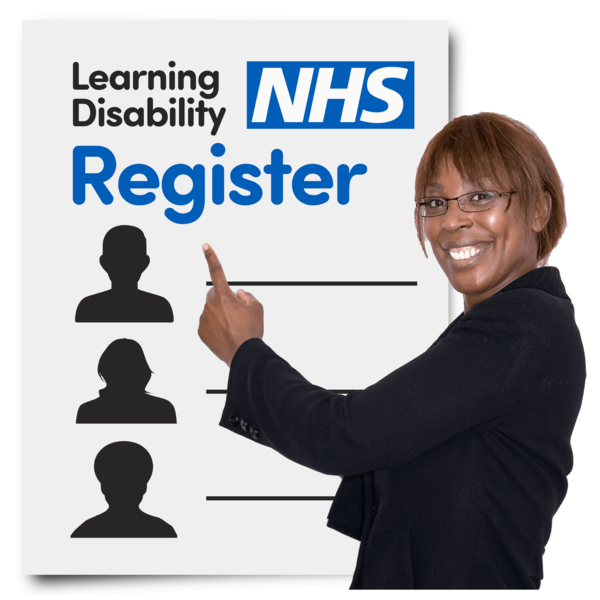 The learning disability register is a list of people with a learning disability that the doctor’s surgery looks after.
. This is really important – see here for more information.
The learning disability register is a list of people with a learning disability that the doctor’s surgery looks after.
. This is really important – see here for more information. - The person you support is identified as having a learning disability.
- They offer Annual Health Checks.
If their doctor’s surgery does not offer annual health checks, you could:
- Ask if there are any other surgeries in the area that can provide one
- Can they suggest an alternative plan?
- Can you find another doctor’s surgery that does offer one?
How can I help to make the Annual Health Check a positive experience?
It’s important that the person you support; feels as relaxed as possible, is given time to talk about their concerns, and has someone present that they trust to support them if they choose.
Try and help them to understand the importance of their Annual Health Check and to prepare for it. You may find our Easy Read page and video useful to share with them.
Try; talking to them about what they might like to ask the doctor, or how they feel about their health.
When visiting the doctor’s surgery, we recommend speaking to the doctor or healthcare practitioner about the reasonable adjustments and support a person with learning disability might need to access health services more easily.
Reasonable adjustments could include;
- Making it easier to contact the doctor’s surgery or book appointments
- Speaking slower or using easy-to-understand words
- Longer appointment times
- Provide information in easy-to-understand ways (e.g.
Easy Read
 Easy Read is a way of making written information easier to understand. Pictures are usually added next to the writing.
)
Easy Read is a way of making written information easier to understand. Pictures are usually added next to the writing.
)
Easy Read reasonable adjustments letter
This letter may be useful to get help at the doctors. Fill it in or ask someone to help, and give it to the doctor's surgery next time you visit.
What happens after the Annual Health Check?
It is important to make sure that clear actions come out of the Annual Health Check, which are agreed by the doctor and the person you support. You should be given a health action plan, which sets out;key actions to take, and helps to ensure there is ongoing support for the person’s health and wellbeing. It is helpful if these actions can be reviewed regularly to ensure progress is being made.

